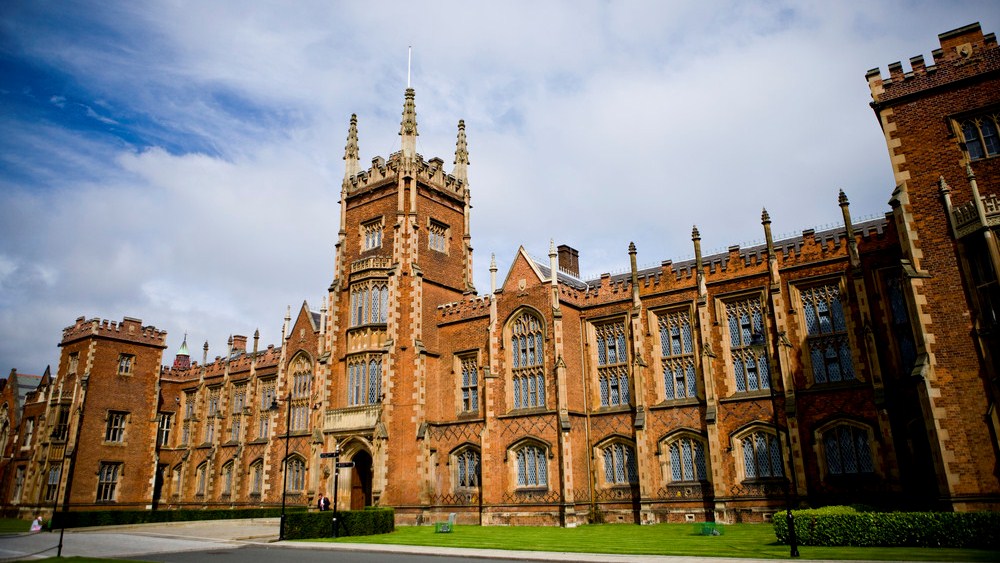Thousands of international students attend boarding schools each year. They come to experience top-notch instruction and facilities, including small class sizes and extracurricular activities. For many students, it’s a once-in-a-lifetime adventure and a once-in-a-lifetime learning opportunity that provides them a head start in adulthood. A boarding school is a school where the majority of or all of the students live and study during the school year. The school provides housing for students, which is normally on the school grounds, and they attend classes during the day. The majority of the students will be boarding students; however, some schools will allow day students who will return home at the end of the academic day. The pastoral care and teaching are both great. You are responsible for the expense of boarding and extracurricular activities, while the state is responsible for the cost of education. Independent boarding schools (also known as public schools in the United Kingdom and as private schools in other countries) offer outstanding education, fantastic facilities, and a unique learning experience to their students. Many schools allow students to attend as day students. Pupils range in age from seven to eighteen years old. Some schools cater to children of all ages, while others focus on a specific age group, such as children aged seven to thirteen or eleven to eighteen.
You may also like to learn about the Quran.
Boarding Schools’ Advantages
- Class sizes are Smaller
Due to the fact that boarding institutions accept a lesser number of students, class sizes can also be kept small. As a result, students are able to form stronger bonds with their peers and teachers, gaining the support and attention they require to succeed. Classrooms are staffed with trained experts who are eager to assist students in achieving academic and personal success. Before deciding on a boarding school for your child, think about class sizes and the types of teaching settings available.
Get the idea from Quran Reading Course.
- Environment that is Safe
You’ll want to locate a campus that prioritizes student safety and delivers an immersive community experience, as many students choose to board on campus. Boarding schools, such as Stuart Hall, provide a safe environment for students to walk into town and spend their leisure time studying in coffee shops or exploring the region. Take some time to tour the campus and surrounding area of your top boarding school choices to assure your child’s safety in their new setting.
- Development in General
Boarding schools were created with the full development of children in mind. There is a heavy emphasis on the educational experience, with demanding coursework and a wealth of tools to help your student prepare for life after boarding school, but that isn’t all. Personal development is also emphasized at boarding schools through extracurricular activities, clubs, athletics, and other activities. Students have the opportunity to develop as leaders, team players, and well-rounded people. Your boarding school of choice should place a similar emphasis on personal development as it does on academic development.
What Is It Like to Attend Boarding School?
Boarding school students typically follow a highly organized day that includes courses, meals, athletics, study times, activities, and free time. The boarding school experience is enhanced by resident life. A child’s confidence and independence grow as a result of being away from home and learning to cope. Most boarding schools in the United States cater to students in grades nine through twelve, or high school. Some schools will even provide eighth grade or middle school education. Junior boarding schools are the most common name for these institutes. In many older, traditional boarding institutions, grades are referred to as forms. As a result, the terms Form I, Form II, and so on were coined. Fifth Formers are students who are in Form 5. The American boarding school system takes its inspiration and framework from British boarding schools. In comparison to American boarding schools, British boarding schools admit pupils at a considerably younger age.
Conclusion
The parent has transformed into a confidant and ally. The school, or rather, the dorm parents, take on the role of enforcers, ensuring that homework is completed, rooms are kept clean, and students go to bed on time. The school is largely responsible for enforcing discipline and holding pupils accountable for their conduct. What happens at home if a student’s room isn’t clean? Detention cannot be given by a parent, but it can be given by a school.

